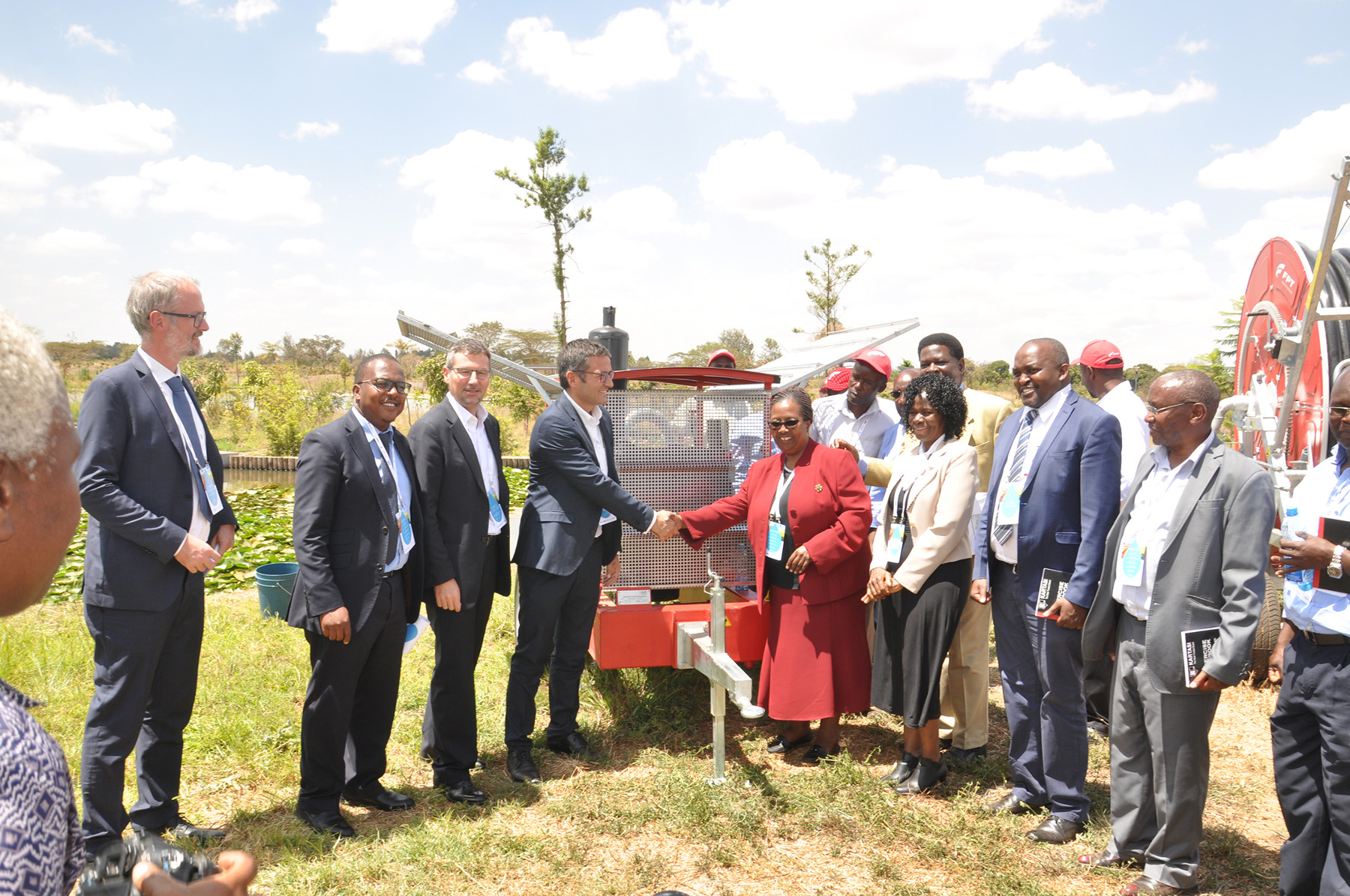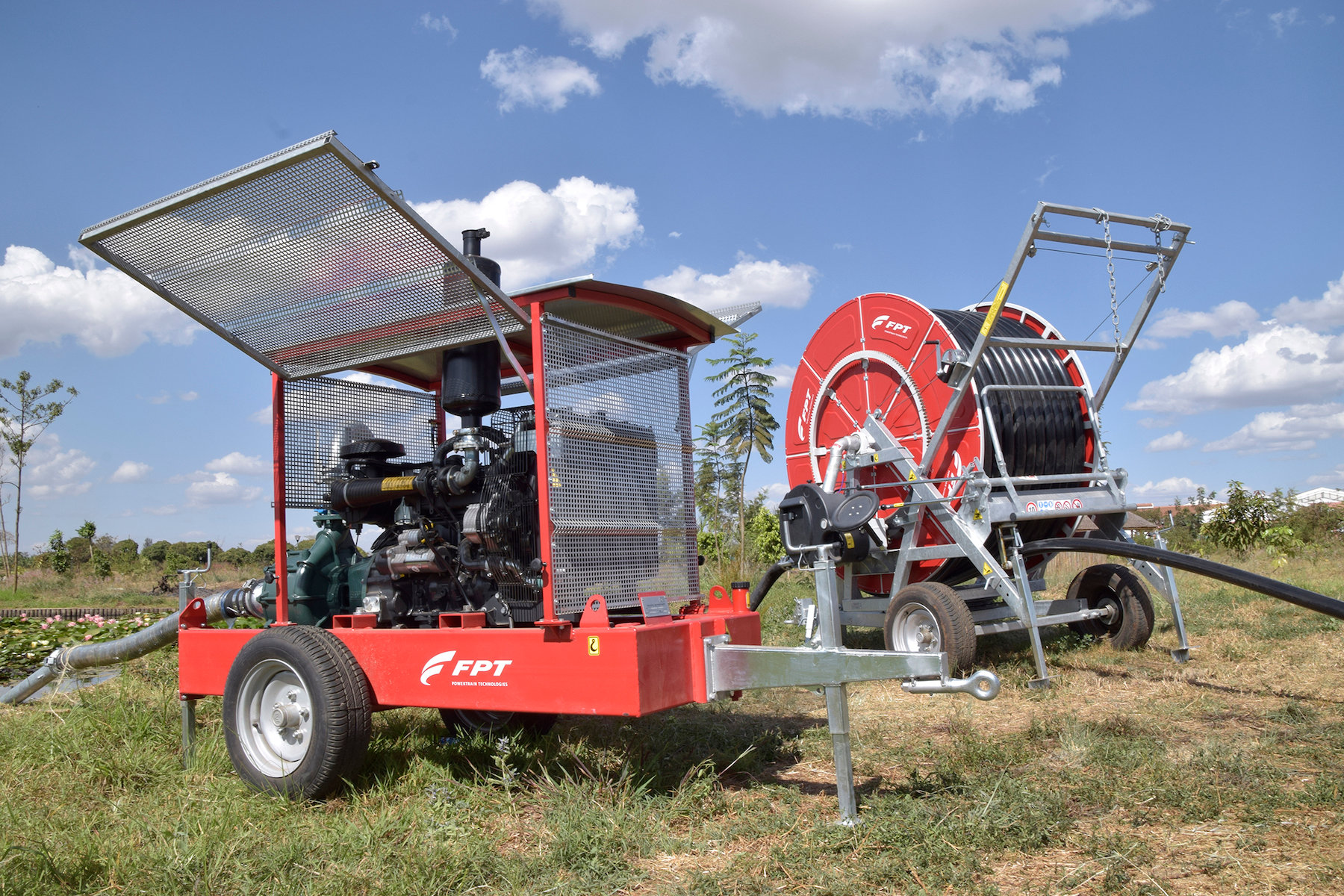The country’s economy is largely based on agriculture, accounting for approximately 33% of its GDP (data related to 2015). According to the Kenyan Agicultural Research Institute, approximately 45% of government revenue comes from the agricultural sector, which contributes to over 75% of the production of industrial raw materials and more than half of the value of exports. The sector is also the largest employer in the Kenyan economy because it represents 60% of all those in employment. Over 80% of the population, especially in rural areas, gets its livelihood mainly from agricultural activities.
The statistical forecasts provided by FAO show that arid and drought stricken areas, characerized by a low level of rainfall and a high level of evaporation, make up about 80% of the country. The uncertainity that this situation fosters, highlights the great importance of irrigation programs in order to guarantee sustainable development.
The Milan Center for Food Law and Policy, taking a leading role, and in partnership with E4Impact Foundation and with the financial support of the CNH Industrial Group will develop three actions aimed at promoting and valorizing the integration of an industrial power unit (IPU) by FPT Industrial (a company within the CNH Group) as part of a training and educational setting ( Jomo Kenyatta University of Agriculture and Technology).
The MCFLP aims to foster the integration of the Industrial Power Unit as part of the academic and productive setting by:
-accompanying young agricultural entrepreneurs along their training and educational path, both as a trainer as well as a narrator of their stories through communication;
-preceding, accompanying and following the installation of the engines in the identified coperatives, to assess their environmental and socio-economic impact and the relationship with regulations in force;
-evaluating, as a whole, the outcome of the Kenyan project, in order to develop indications on which to build a set of reccomendations for the Kenyan government and for other national and international stakeholders;
-enhancing, environmentally speaking, the local management of water (integrating the use of rainwater with other water sources, ponds, shallow wells, rivers) to decrease the risk of drought on food security and agriculture.
The participation of MCFLP and E4Impact has contributed to maximising the propositional effect of the project. Through a number of actions aimed at raising awareness and involving students, the partners encouraged and promoted courses dedicated to all sectors of sustainable development (environmental,social and economic). The actions focus on:
1) developing the skills and abilities of Agricultural Engineering students;
2) promoting entrepreneurial skills through workshops and real practice sessions;
3) empowering the community through raising awareness and training students on human rights, the bond between food-energy-water, sustainable development and the most recent changes in the Constitution and in Kenyan laws

